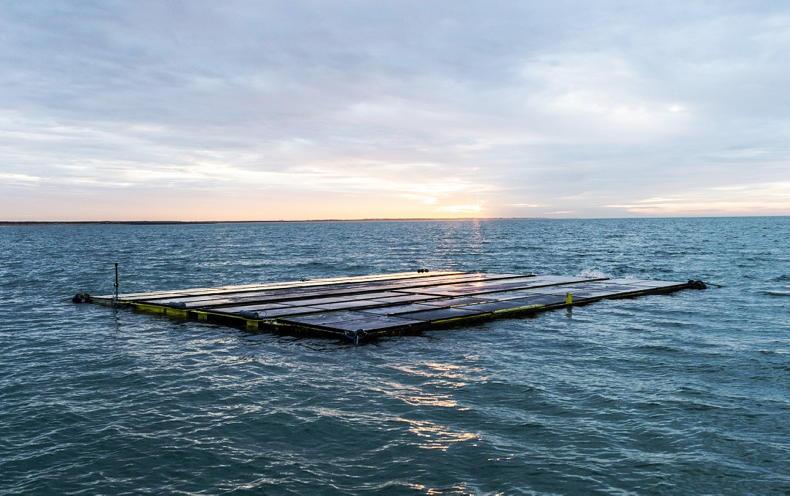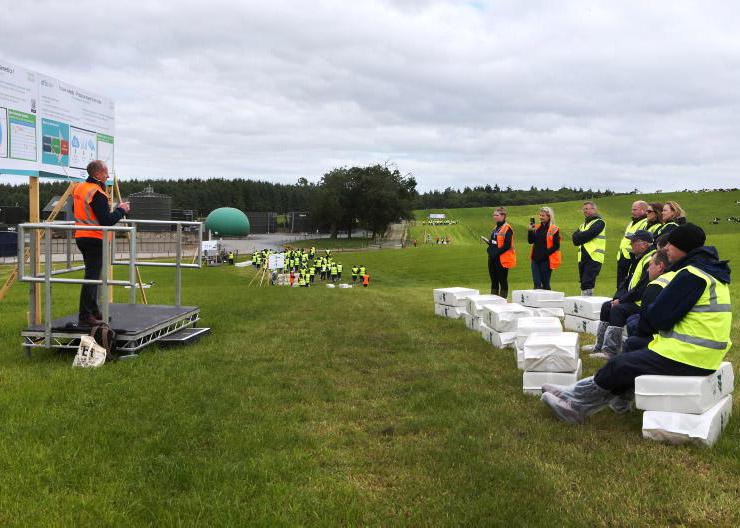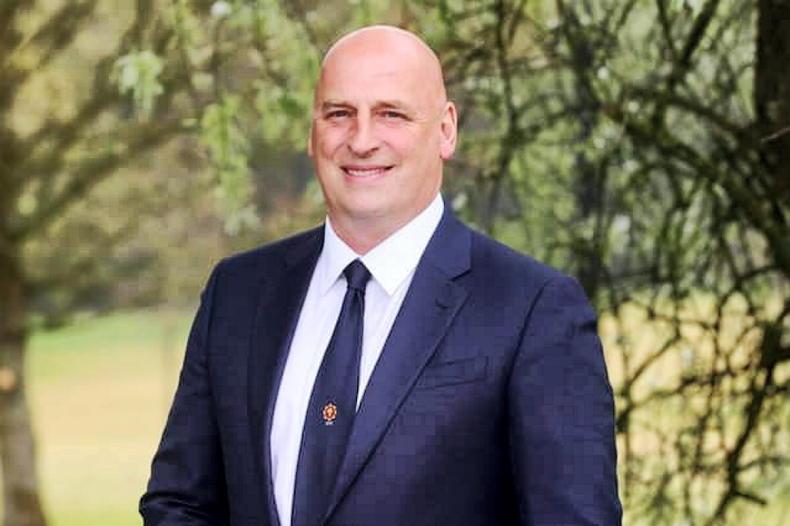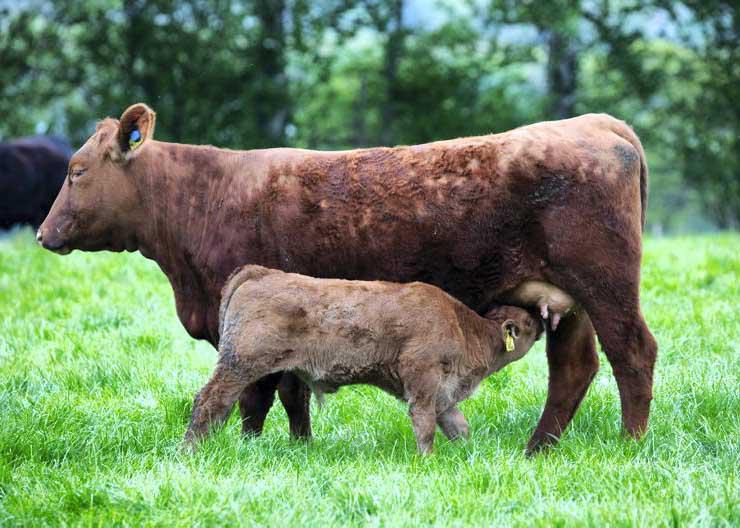The addition of native seaweeds and seaweed extracts to the diets of Irish sheep and cattle to reduce methane emissions is currently being tested by researchers at Teagasc.
Dr Maria Hayes at Teagasc Food Research Centre, Ashtown, Dublin, leads Seasolutions, a multinational, EU-Canadian collaborative project which investigates whether seaweeds that are abundantly found around the Irish coast can be used as feed additive ingredients for sheep, beef cattle and dairy cows.
She said: “To date, [Seasolutions has] completed one sheep trial and further sheep and dairy trials are ongoing. Other work is focused on the effect of seaweeds and extracts on the rumen microbiota, which ultimately generate the methane.
“We are also developing feed formats including actives and looking at the economic potential and life cycle analysis of developed products containing methane-reducing seaweeds and seaweed ingredients.”
Task at hand
Teagasc said reducing methane emissions from cattle and sheep is one of the biggest challenges currently facing the agricultural sector.
The work of Seasolutions is hoped to contribute to achieving Irish agriculture’s carbon reduction target of 22% to 30% by 2030 as set out by the Government’s Climate Action Plan.
The project involves feeding trials at the Teagasc Animal and Grassland Innovation Centres at Grange, Co Meath and Athenry, Co Galway.
Researchers David Kenny, Sinéad Waters, Stuart Kirwan and Emily Roskam use ingredients supplied by Teagasc Ashtown in feed formulations and assess the reduction in methane emissions in beef cattle and sheep.
Progress
Professor Sinéad Waters described how her team “examined the effects of supplementation of mature ewes with seaweeds and seaweed extracts in Teagasc Athenry for their ability to reduce enteric methane emissions.”
She said researchers also wanted to ensure that there were no negative effects on the digestion of seaweed supplemented feed or animal productivity.
On the findings, she said: “The best candidates at reducing methane emissions arising from the sheep study will be further investigated in a large beef cattle trial in Grange in spring 2022”.
Professor David Kenny added: “Our ultimate objective is to identify specific bioactives within seaweed that could be harnessed as potent and reliable methane-suppressing dietary supplements.”
Seasolutions lead Dr Maria Hayes will outline the project to presenter Jonathan McCrea on 10 Things to Know About…Seaweed which will air on Monday 15 November, on RTÉ One at 8.30pm.










SHARING OPTIONS